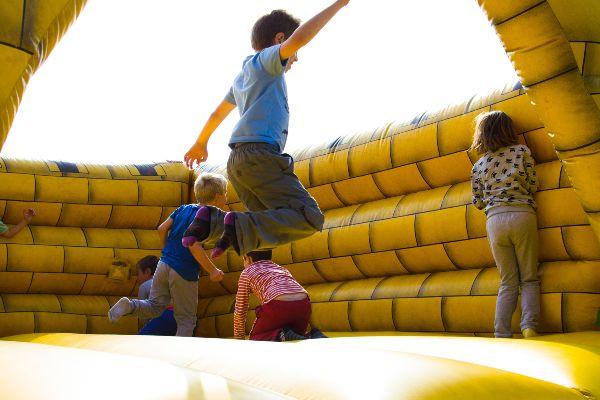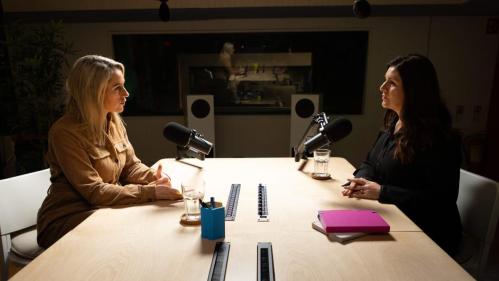With the communion season now in full swing, Affidea ExpressCare Clinics, which are ‘walk in’ facilities that treat minor injuries and illnesses, say they are currently experiencing a significant increase in child-related injuries, mainly due to accidents on bouncy castles and trampolines.
All three Affidea ExpressCare Clinics in Tallaght and Santry in Dublin and at The Elysian in Cork say there has been an upsurge in bounce-related sprains and breaks and the organisation is warning parents to take extra care when their children are jumping on bouncy castles or trampolines.
Wrist fractures and elbow fractures are the most common injuries sustained by children who fall from trampolines and bouncy castles. Other injuries can include ankle sprains, shoulder and leg injuries, lacerations and, in more serious falls, head injuries.
David Foley, Consultant in Emergency Medicine & Medical Director of the Affidea ExpressCare Clinics, says: “May is always busy with communion and confirmation parties and many parents now hire a bouncy castle or trampoline for the occasion. As a result, we are seeing a huge increase in child-related cases, ranging from sprains and fractures to head injuries. We are calling on parents to be super vigilant when their children are on bouncy castles or trampolines to minimise the chance of their child incurring a nasty break or sprain.”
The top three trampoline and bouncy castle related injuries are:
Ankle sprain
Ankle sprains are the most common type of injury in kids when playing on trampolines and bouncy castles. A minor sprain can be treated with ice and compression at home, but you should seek medical advice if there is severe swelling or pain, is red and warm to touch or your child cannot walk on it.
Arm fracture
Fractures can occur after a fall or bang, and can be scary for both the child and the parent. They can be very painful and your child may feel sick or faint after the accident. The arm may look deformed, swollen and/or bruised, be sore to touch or move or have bone poking through. You should always seek medical attention if you suspect a fracture.
Dislocation
Children can easily dislocate their shoulder, arm or knee after a fall. A dislocation can occur when the ligaments are torn or stretched, so if they are playing outdoors, it's easily done. They will be in some pain but it's important to move the affected area as little as possible. Instead, try to stabilise the area in whatever position it’s already in. Applying ice may help with pain and reduce the swelling. You should never, however, attempt to pop the bone back into place yourself. Get to the hospital, and let the doctor take care of it.
Offering fast turnaround times without an appointment, ExpressCare Clinics treats minor injuries and illnesses such as fractures and sprains, lacerations requiring stitches, sports and DIY injuries, minor burns and scalds, eye and ear injuries, insect and animal bites, infections and rashes. Children over the age of one are also treated, eliminating the need for a stressful visit to a hospital A&E department with an injured child. All ExpressCare Clinics are open from 10am to 10pm, 365 days a year.
Affidea ExpressCare provides services to all patients who attend on a fee for service basis, and it’s a covered benefit for health insurance providers Laya Healthcare and Irish Life Health.








